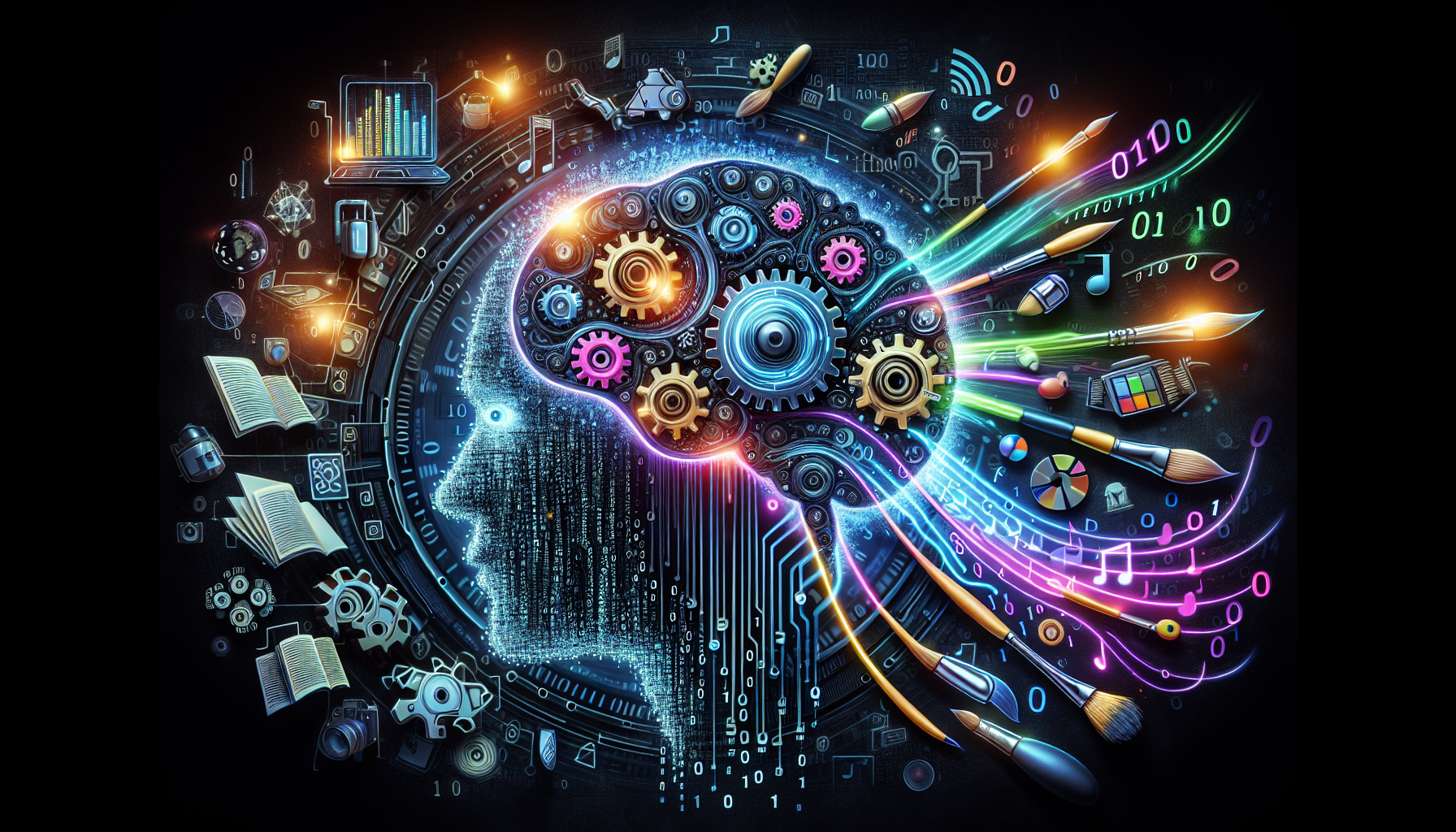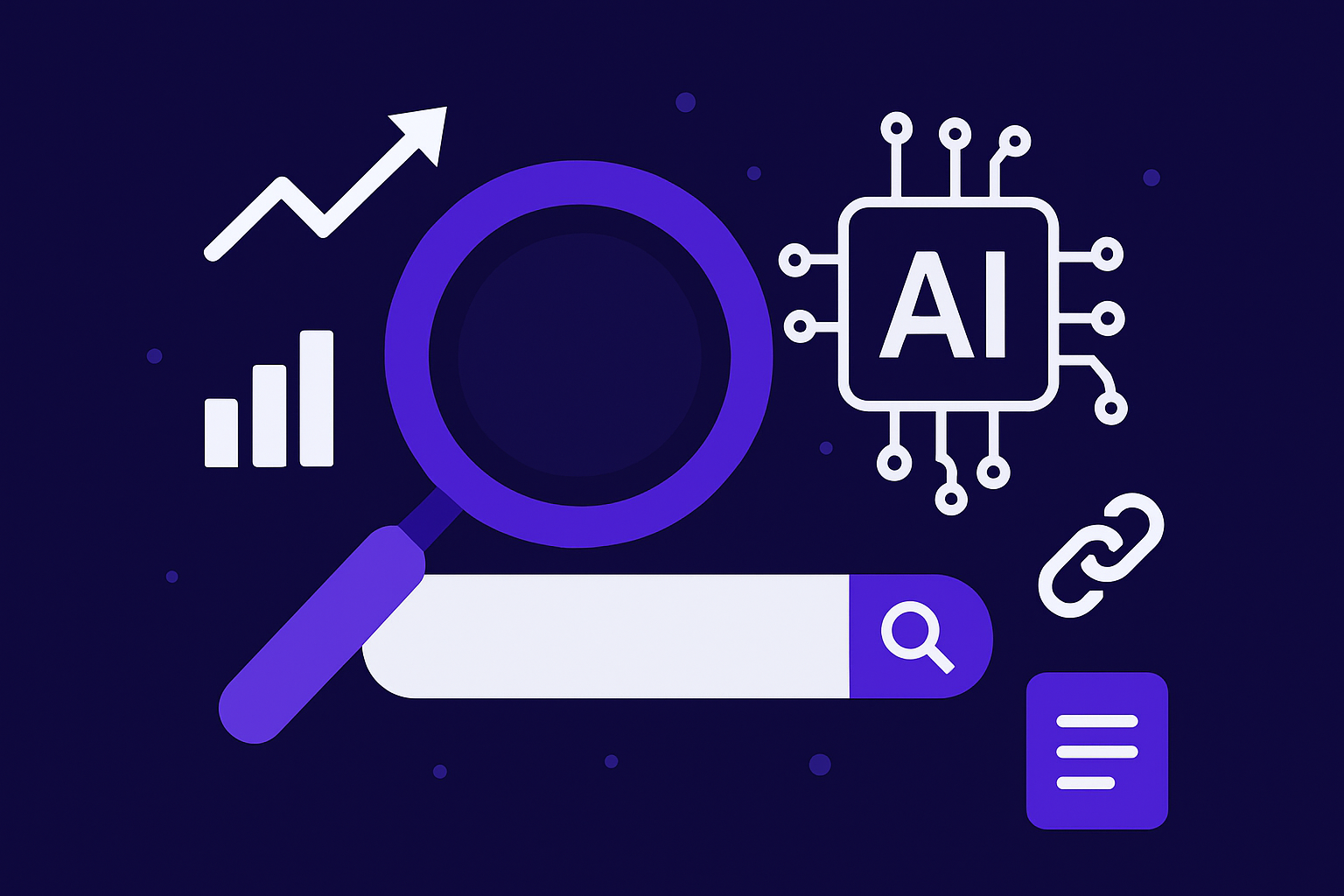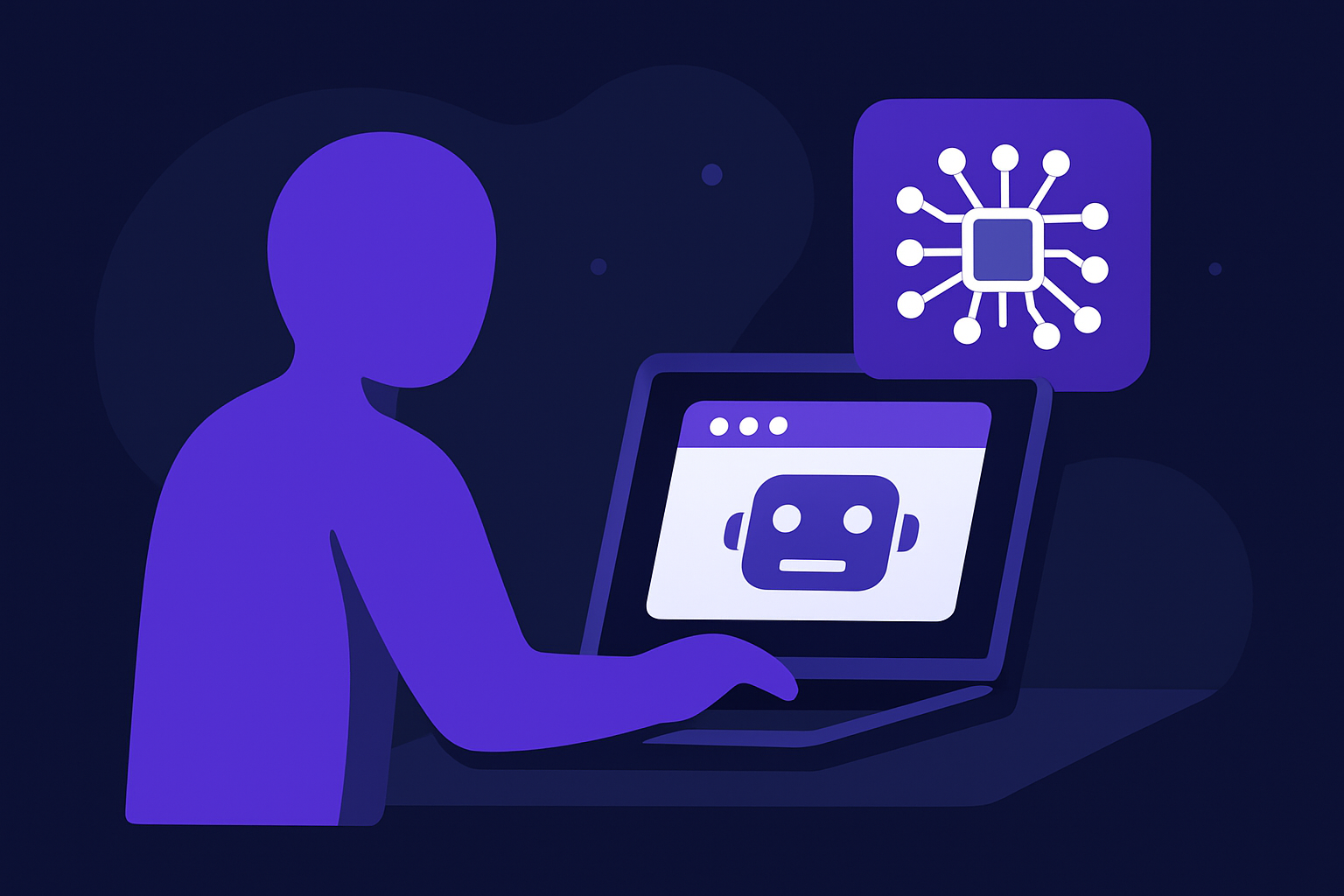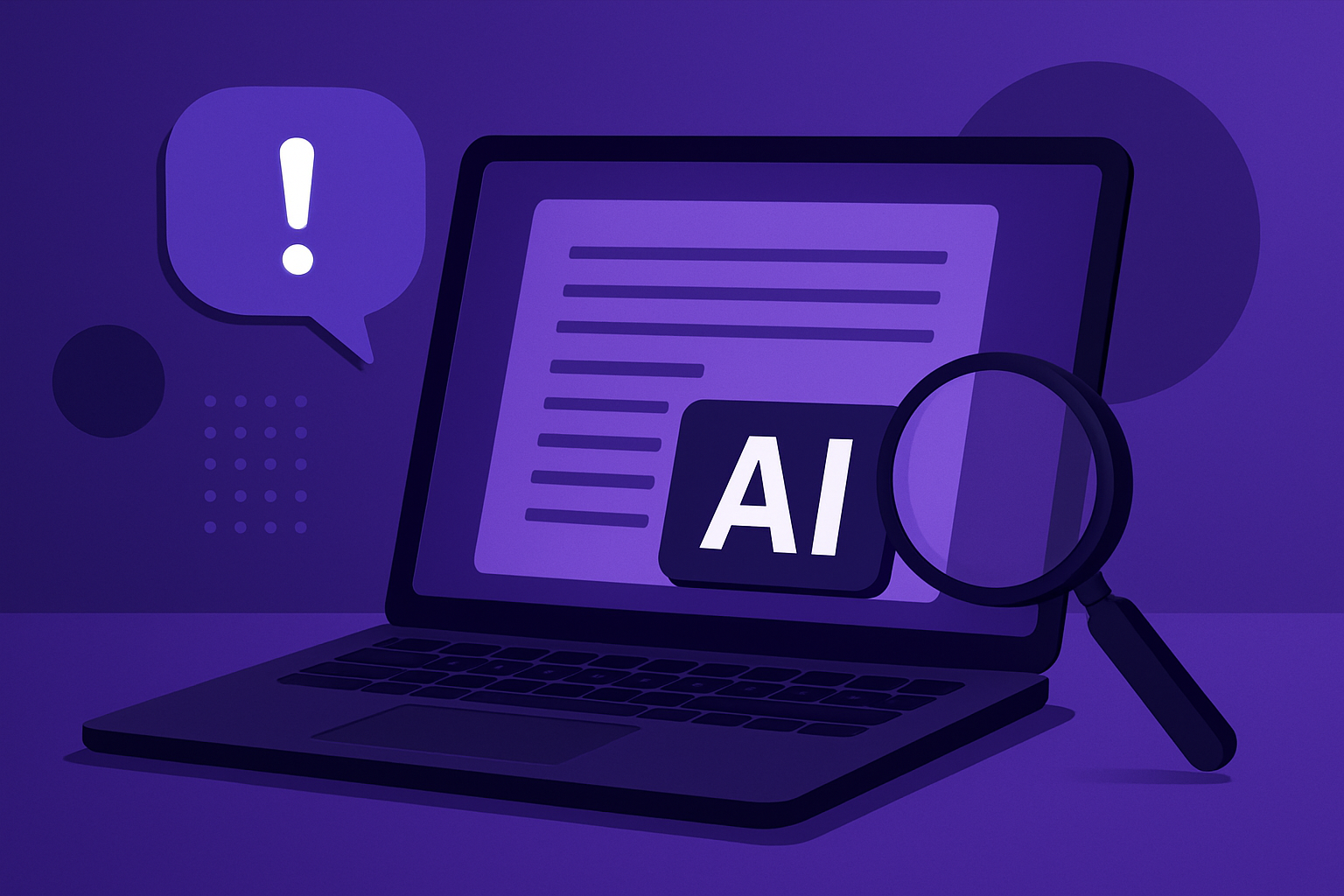Artificial Intelligence (AI) content generators have revolutionized the way content is created and consumed in various industries. These advanced systems leverage machine learning algorithms to produce human-like text, making them valuable tools for marketers, writers, and businesses. Understanding how AI content generators work and their impact on the future of content creation is essential for staying a in this rapidly evolving landscape.
Understanding AI Content Generators
AI content generators use natural language processing (NLP) and machine learning algorithms to analyze vast amounts of data and generate coherent, contextually relevant text. These systems can mimic human writing styles and tones, making it challenging to distinguish between AI-generated content and that produced by humans.
By training on large datasets, AI content generators learn to recognize patterns, structures, and relationships in text, enabling them to create high-quality content efficiently. Some models even have the capability to incorporate feedback, enabling continuous improvement in content output.
The Technology Behind AI Content Generators
AI content generators rely on deep learning models such as OpenAI's GPT-3 (Generative Pre-trained Transformer 3) to generate text. These models are pre-trained on massive corpora of text from the internet, books, articles, and other sources to understand language patterns and semantics.
During the generation process, AI content generators use probability distributions to predict the next word in a sentence based on the preceding context. This autoregressive approach allows the systems to produce coherent and contextually relevant content.
Impact on Content Creation
The adoption of AI content generators has streamlined content creation processes for businesses and organizations, enabling them to produce high volumes of content quickly and cost-effectively. Marketers can leverage these tools to create personalized and targeted content at scale, driving engagement and conversions.
However, the widespread use of AI content generators has raised concerns about job displacement and ethical implications. While these systems enhance productivity, they also pose challenges in maintaining the quality, originality, and authenticity of content.
Future Trends in Content Creation
As AI continues to advance, we can expect more sophisticated content generators that can generate multimedia content, such as images, videos, and audio. These developments will offer new opportunities for creative expression and storytelling across various platforms.
Furthermore, AI content generators will play a crucial role in content personalization, catering to individual preferences and delivering tailored experiences to audiences. By leveraging AI-driven insights, businesses can create more engaging and relevant content that resonates with their target demographics.
In conclusion, AI content generators are reshaping the landscape of content creation by offering powerful tools for generating high-quality text at scale. While these systems provide efficiency and agility in content production, it is essential to balance their use with human creativity and oversight to maintain the integrity and authenticity of content. By understanding how AI content generators work and their impact on the future of content creation, businesses and creators can harness the full potential of these technologies to drive innovation and engagement in the digital age.













